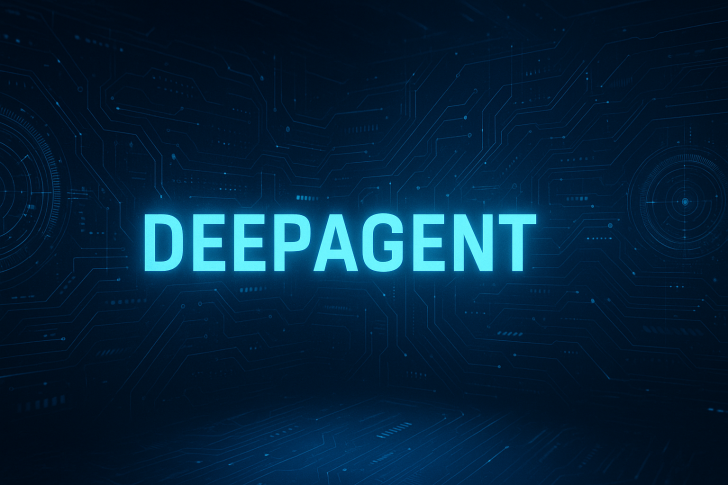The world of AI-powered coding is getting more competitive. DeepAgent, a relatively new player, has managed to beat well-known tools like Claude Code and Codex (GPT-5) in important coding tests. This could be a big deal for developers who rely on AI to help write and debug their code.
What the Numbers Show
According to SARAH on Twitter, DeepAgent came out on top in two major coding benchmarks that developers care about:
Terminal Bench Results:
- DeepAgent: 48.75%
- Goose: 45.3%
- Claude Code (Opus): 43.8%
- Codex (GPT-5): 42.8%
- Claude Code (Sonnet-4): 35.5%
SWE-Verified Results:
- DeepAgent: 74%
- Codex (GPT-5): 72.8%
- Claude Code (Sonnet-4): 72.7%
- Claude Code (Opus): 72.5%
DeepAgent won both tests, which is pretty impressive since these benchmarks test how well AI can handle real coding problems that developers face every day.
Why This Matters
These aren't just theoretical tests. The benchmarks measure whether an AI can actually write code that works, fix bugs efficiently, and handle complex programming logic without making mistakes. For developers, even small improvements in AI performance can mean saving hours of work each week and avoiding expensive errors in production code.
What makes this interesting is that DeepAgent beat tools from major companies like OpenAI and Anthropic, showing that innovation in AI coding isn't just coming from the biggest tech giants. The performance gaps might seem small, but in the world of software development, these differences can add up to significant productivity gains.
This development will likely push other companies to improve their own AI coding tools. Businesses looking to boost their development teams' efficiency might start considering DeepAgent as an alternative to more established options like GitHub Copilot. If DeepAgent can deliver on its benchmark promises in real-world use, it could shake up how development teams choose their AI coding assistants.
The results suggest we're entering a new phase in AI-assisted programming where performance leadership can come from unexpected sources, potentially giving developers better tools and more options to choose from.
 Saad Ullah
Saad Ullah

 Saad Ullah
Saad Ullah


